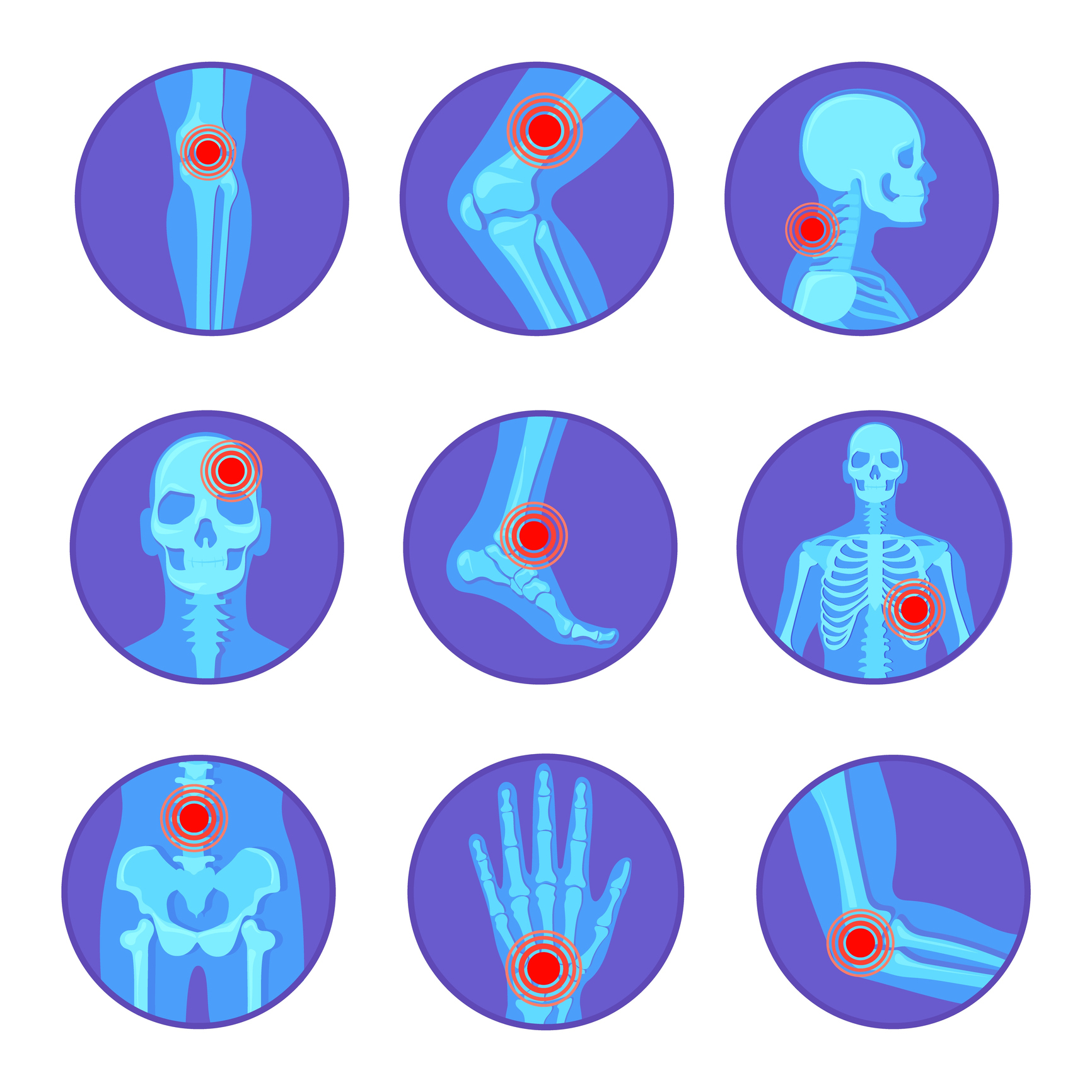Autoimmune rheumatic-related diseases (ARRDs) have physical and psychological impact on patients, including their sexual life. While many studies have investigated fertility problems in females, data on males-related fertility are scarce, which explains the lack of guidance. The main objective of this systematic review was to evaluate the reproductive health in males with ARRDs. This systematic review followed the preferred reporting items for systematic reviews guidelines. Original articles from Pubmed and Scopus, published until September 16, 2021, and tackling the effects of ARRDs and/or ARRDs treatments on male fertility and/or pregnancy outcomes, were included. A total of twenty-five studies met the inclusion criteria. They were published between 1981 and 2018. The studied ARRDs were spondyloarthritis (n = 9), systematic lupus erythematosus (SLE, n = 6), Behcet disease (BD, n = 5), rheumatoid arthritis (RA, n = 5), antiphospholipid syndrome (n = 1), and dermatomyositis (n = 1). The most reported effects of ARRDs on fertility are i) high levels of reproductive hormones, mainly in RA and SLE; ii) impaired semen quality in SLE, spondyloarthritis, and BD; and iii) higher rate of varicocele in BD and spondyloarthritis. Regarding the treatments effects, i) conventional synthetic disease-modifying anti-rheumatic drugs (e.g.; methotrexate and salazopyrine) increase testosterone level, ii) cyclophosphamide impairs fertility, iii) anti-tumor necrosis factor agents are associated with improvement in semen quality, and iv) no increased number of miscarriages or congenital abnormalities in children fathered by BD was reported. To conclude, both ARRDs and their treatments alter fertility in males with ARRDs. In practice, in addition to the conventional semen analysis, screening for infertility seems legitimate in males with ARRDs.Copyright © 2021 Elsevier B.V. All rights reserved.
The effects of autoimmune rheumatic-related diseases on male reproductive health: A systematic review.


